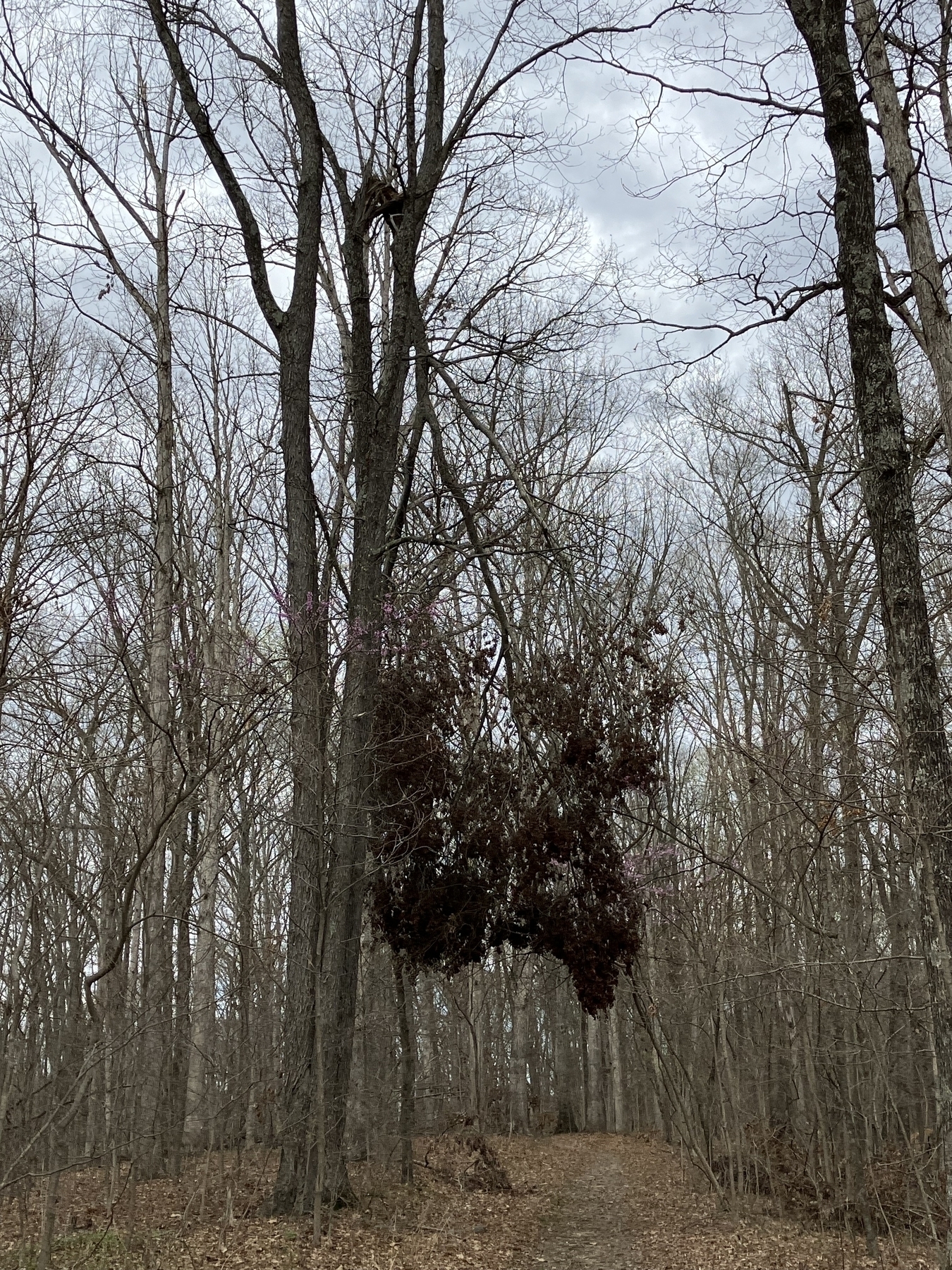It is always better to pray for peace than for the defeat of your enemies because there is no standpoint from which you can definitively answer the question, “Are we the baddies?”
I know…it’s a TED talk. But trust me, this one is good: “Let your garden grow wild.” Relatedly, this presentation by Doug Tallamy is the very thing that got Rachel involved in my fledgling garden project two years ago—and it has improved immensely since she got involved.
Tom Shippey’s marvelous exposition of Tolkien’s Ringwraiths.
My employer says they will be celebrating National Deskfast Day this Friday by supplying coffee and donuts.
Deskfast was a term coined in the early 2000s when it was discovered that more and more employees were eating breakfast at their desks.
This feels like a thing to be mourned, not celebrated.
Beautiful, short film about 85 year old Helen Dew:
For Helen, a key element in building personal and community resilience is in building quality soil. From making biochar for her compost to petitioning the local council to create a natural burial park, she has worked tirelessly in so many ways to contribute to her community and to the planet. She is truly Something Beautiful for the World!
And the poem she wrote–which she reads in the film–is not to be missed.
A quick video of the moment the eclipse happened at our house. You can hear some of the neighbors cheering.
Lots of people out walking and riding bikes. Beautiful day. Feels like a less hot July Fourth. We should have eclipses more often.
The head of Indiana’s DNR (who is also my neighbor) says all campgrounds and state park lodges are full. Guests from all fifty states and three other countries. So, plenty of people around–but the roads are quiet. People seem to have made the wise decision to get to their viewing site and stay put.
Remember the weird post in the woods near my house? Well there’s a new development. Now there’s a fairy Barbie doll set into the ground just a few feet away.


What’s going on here? No idea, but I delight in the strangeness. And it doesn’t hurt that I’m watching X-Files right now.
The treetop of Damocles
